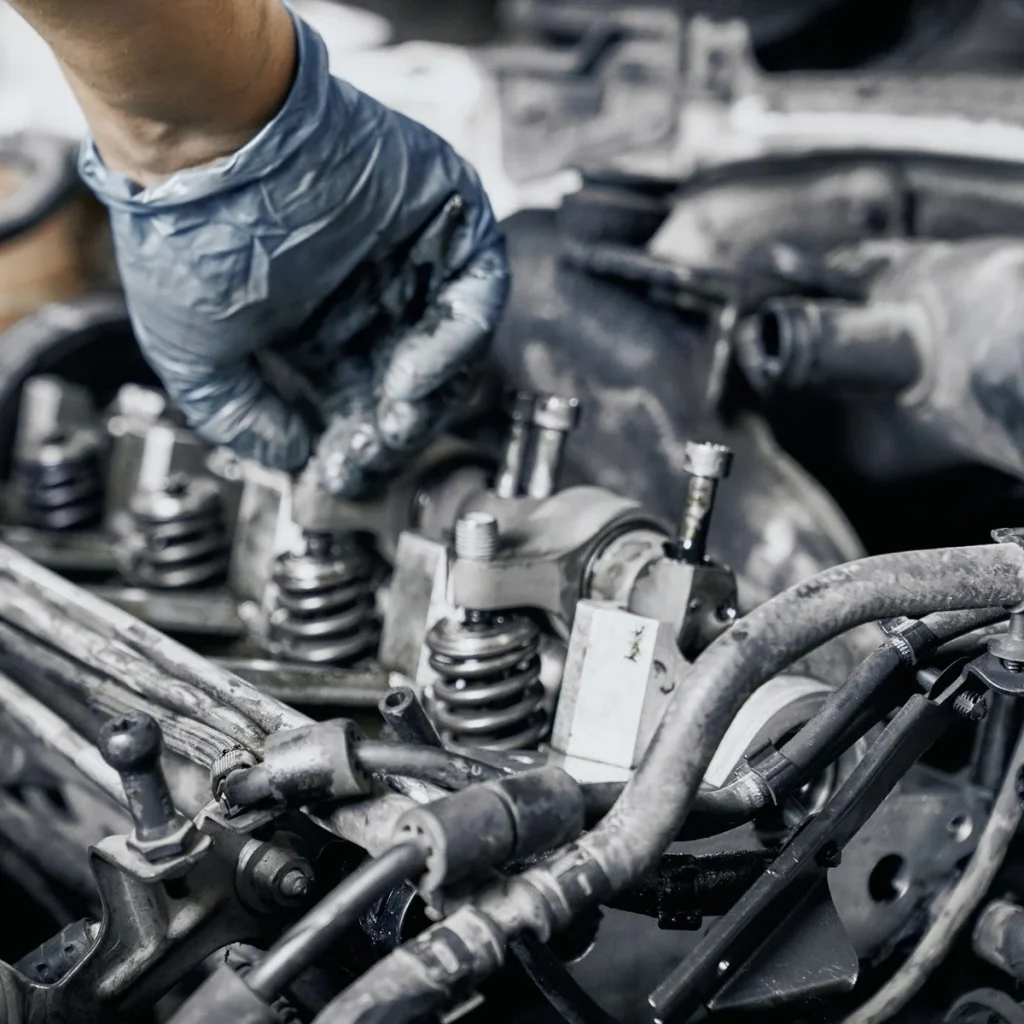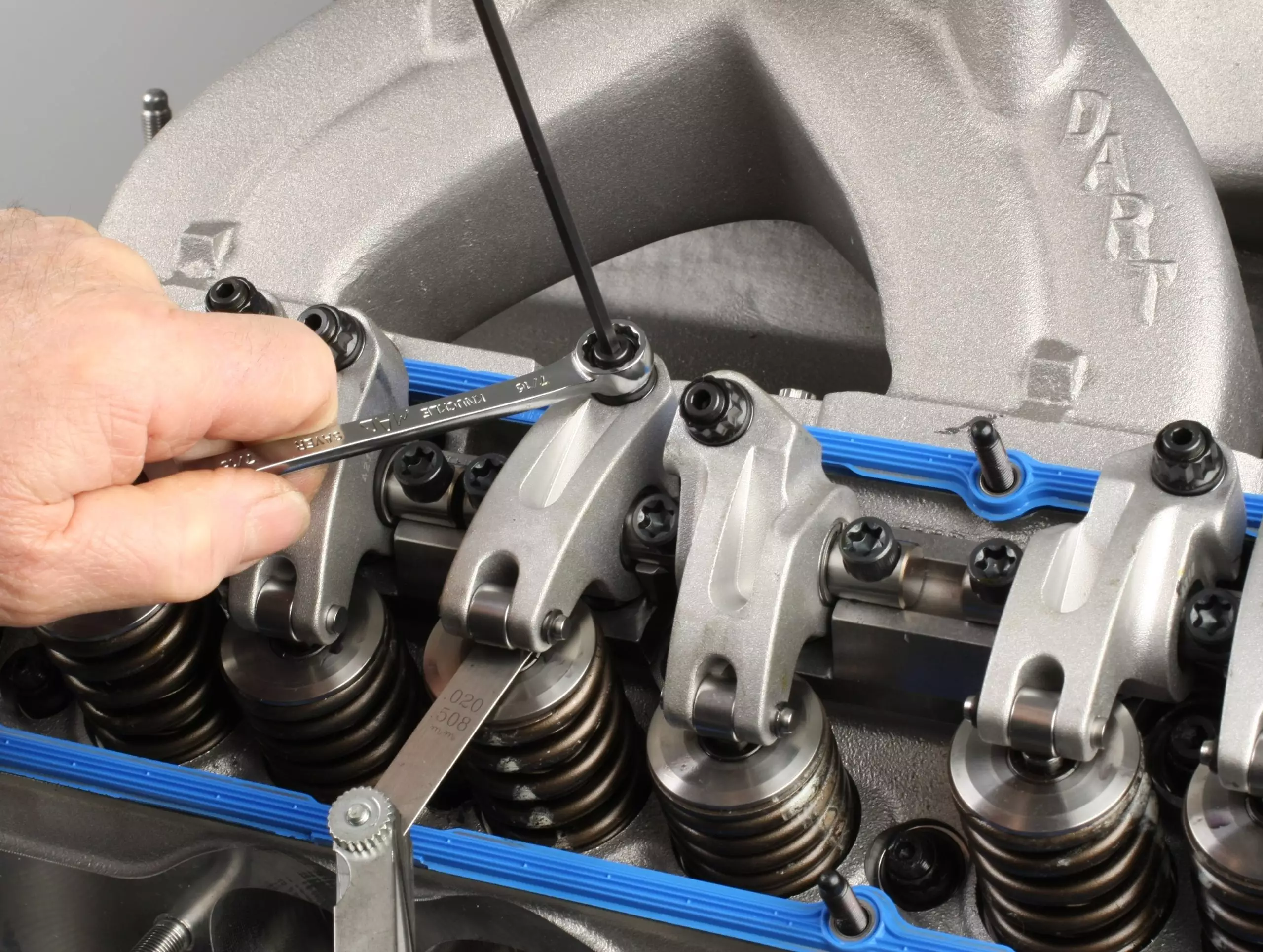The rhythmic, metallic knocking sound coming from your engine can be deeply unsettling, as it often signals underlying problems that need prompt attention. Known as engine knock, detonation, or spark knock, this occurs when the air-fuel mixture ignites too early within the combustion chamber.
This premature ignition generates a shockwave, leading to the characteristic knocking or pinging sound. Recognizing engine knock is vital because if left untreated, it can lead to serious and costly engine damage.
It’s important to distinguish between normal engine noises and abnormal knocking. If the sound resembles a metallic rattle or ping, especially when accelerating, chances are it’s engine knock.
Common Causes of Engine Knock
Several factors can trigger engine knock. These include low-quality fuel, incorrect spark plug heat ranges, carbon deposits in the combustion chamber, or advanced ignition timing. Additionally, high temperatures and excessive engine loads can make the problem worse.

Immediate Steps to Take
Hearing your engine knocking should prompt you to act immediately to prevent further damage. Below are some steps you can follow:
- Switch to Higher Octane Fuel:
Using higher octane fuel can significantly reduce the risk of premature ignition. Higher octane fuels are more resistant to detonation, which provides a temporary fix for engine knock. - Check Your Spark Plugs:
Worn-out or improperly gapped spark plugs can lead to engine knocking. Inspect your spark plugs for signs of wear, carbon deposits, or incorrect gap settings. Replace them if necessary to ensure proper engine performance. - Adjust the Ignition Timing:
Incorrect ignition timing can also contribute to knocking. Refer to your vehicle’s manual or seek help from a professional mechanic to ensure the timing is adjusted to the manufacturer’s specifications. - Reduce Engine Load:
Excessive stress on the engine during acceleration or when climbing hills can worsen knocking. Driving with a lighter touch on the accelerator can reduce strain on the engine and, in turn, minimize the knocking sound. - Use Fuel Additives:
Specialized fuel additives can help clean out carbon deposits from the combustion chamber and fuel system. They may also improve overall engine performance. Always follow the manufacturer’s instructions regarding usage.
When to Seek Professional Help
If the knocking sound continues even after attempting the above steps, it’s essential to reach out to a certified mechanic.
Persistent engine knock could indicate more complex problems, such as a malfunctioning knock sensor or underlying internal engine issues that require professional analysis and repair.
By identifying the causes of engine knock, learning to recognize its distinct sound, and taking immediate corrective action, you can effectively manage this problem and maintain your vehicle’s performance and reliability.
While engine knock can be unnerving, being proactive and informed will help you address it with confidence.

